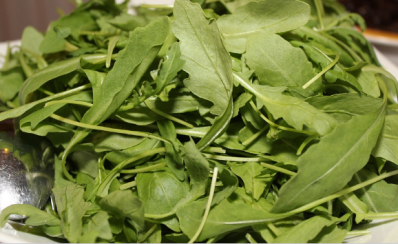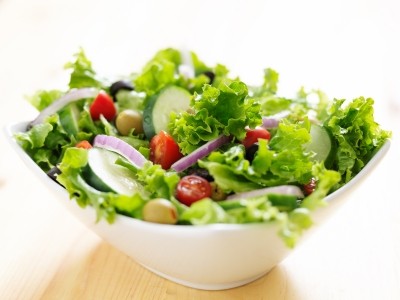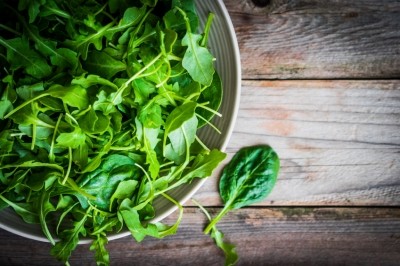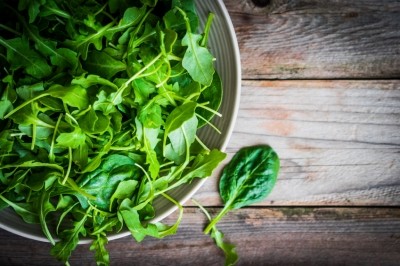E.coli sickens 40 people with link to salad
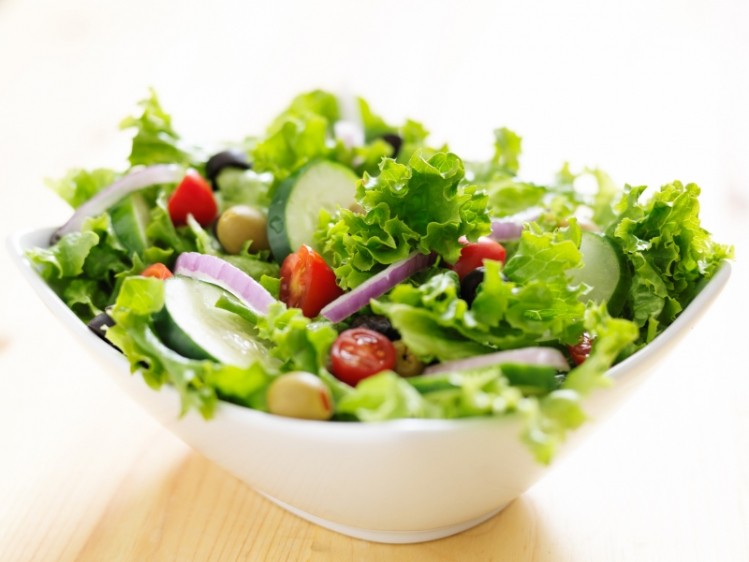
The agency said it was too early to declare the outbreak over and it is continuing to monitor the situation.
PHE, the Food Standards Agency and local authority environmental health officers are investigating.
Onset dates for confirmed and probable cases range from 29 July to 12 August.
“Confirmation involves demonstrating that a case is infected with the outbreak strain using advanced molecular techniques and results are normally available in a matter of days," Paul Cleary, Consultant Epidemiologist for Public Health England told us.
“As of 8 September, PHE has received reports of four cases who have required hospital admission. Most patients have had milder infections and none have died," he said.
“A thorough investigation of a number of possible sources of the infection is progressing rapidly and the results will be made available at the earliest opportunity once there is conclusive evidence of the source. All relevant supply networks are under investigation.
“We have found no evidence that contaminated foodstuffs remain on sale to the public.”
PHE would not tell us who the parties involved are and did not clarify if the product was distributed abroad.
Traceback investigation
Verocytotoxigenic E.coli (VTEC) serotype O157 phage type 8 vero-toxin type 2a were found to be genetically clustered by whole genome sequencing (WGS) and to share the same SNP address.
E. coli O157 PT8 VT2 is a relatively uncommon type of infection, representing a small percentage of annual notifications in England. Most years fewer than 20 cases are reported nationally.
Analysis of enhanced VTEC questionnaires found that 33 of 38 confirmed members of the cluster ate pre-packed salad and that 19 of these had purchased the salad at the same supermarket chain.
A survey with 24 confirmed cases indicated the most common exposures were to two salad products from one supermarket chain which share one ingredient.
Traceback has identified one packer/distributor which is supplied by three farms. Samples are being collected from the supermarket chain outlets visited by cases, the distributor/packer and from the supply farms, said PHE.
In England, the majority of confirmed cases (seven each) are from Anglia and Cheshire and Merseyside, with 14 additional Health Protection Teams across the country also affected and reporting between one and three cases each. Most are female aged 18 to 73 years.
Cyclospora update
Meanwhile, the agency has provided an update on the cyclospora outbreak associated with travel to Mexico ongoing since 1 June.
As of 2 September, 69 cases have been reported in England, Scotland and Wales, of which 39 are confirmed by a reference laboratory. Six cases in England are awaiting travel history information.
Where information is known, cases have been to hotels and resorts on the Riviera Maya coast of Mexico, most of which have their own water supply, suggesting the source is likely to be a food product distributed to several hotels, said PHE.
The latest known date of onset of illness is 7 August but onset dates are awaited for 11 cases in England, so it is unclear if the outbreak is still ongoing.
“The UK travel industry is aware of the outbreak and tour operators have been given information about cyclospora in order increase awareness of the infection among travellers to Mexico. Investigations into the cause of the outbreak by Mexican health authorities are ongoing,” said PHE.
Cyclospora infection from 30 states has sickened 495 people in the US, according to the Centers for Disease Control and Prevention (CDC).
Cluster investigations in Wisconsin and Texas have preliminarily identified cilantro as a suspect vehicle.
Previous outbreaks of cyclosporiasis have been linked to imported fresh produce, including cilantro from the Puebla region of Mexico.
The Public Health Agency of Canada (PHAC) is investigating 92 cases of Cyclospora infections in Ontario, British Columbia, Alberta, and Quebec.
Cyclospora is a microscopic single-celled parasite that is passed in people's feces. If it comes in contact with food or water, it can infect the people who consume it. This causes an intestinal illness called cyclosporiasis.
- This article was updated on September 9 with response from Public Health England
